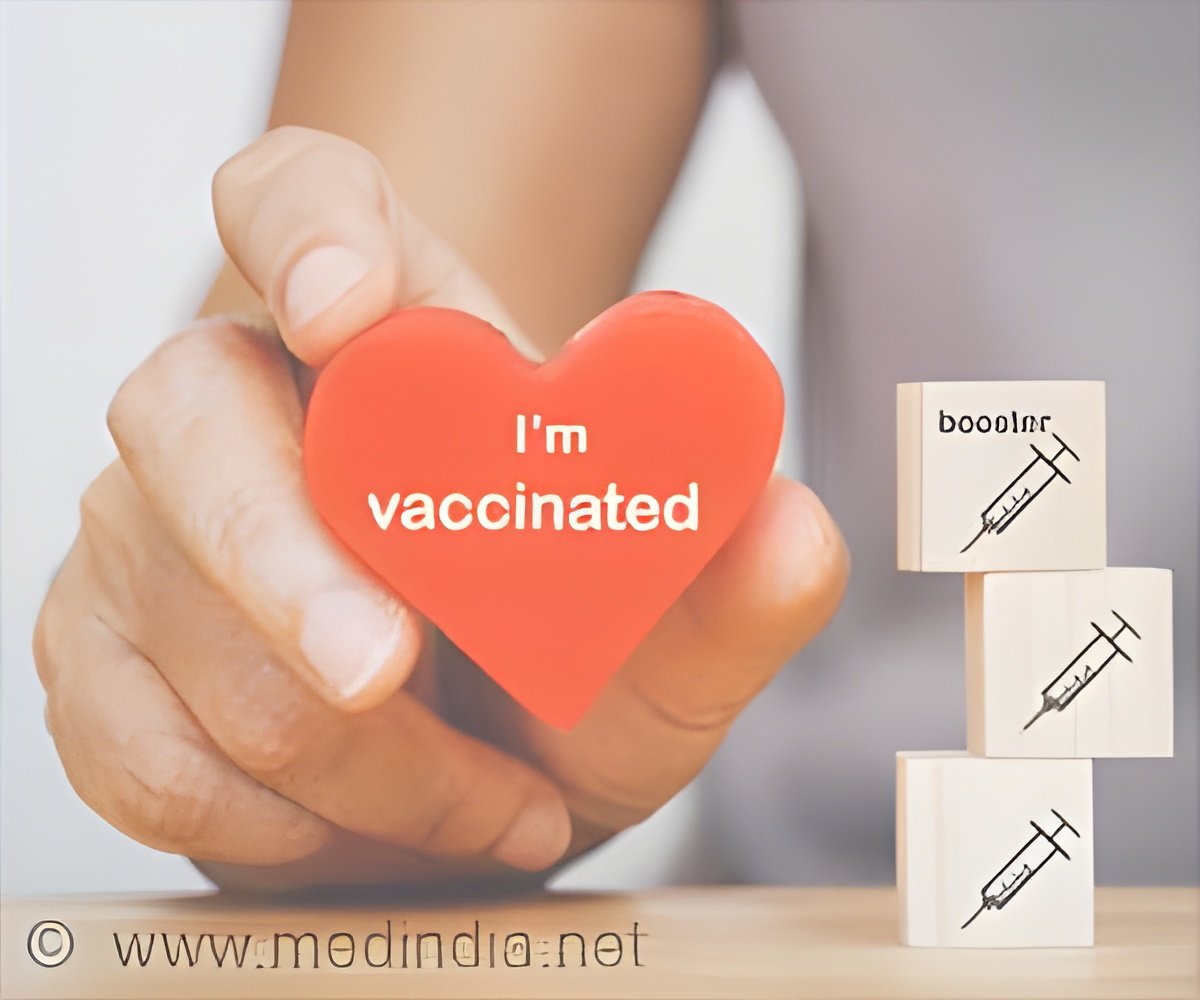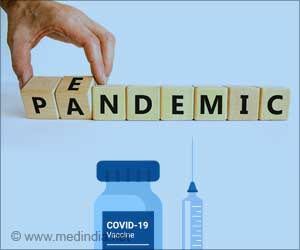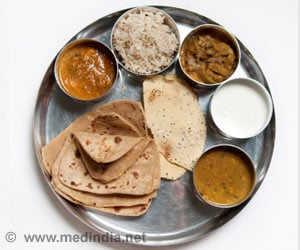What is reason for COVID-19 vaccine booster hesitancy (VBH) among most Indians? Fear of attack makes most Indians avoid COVID-19 booster shot.

COVID-19 Booster Vaccine Hesitancy Among Indians
As the country gears up to tackle fresh COVID-19 wave concerns amid infection surge in China, a survey revealed that over six in 10 Indians (64 percent) are reluctant to take the COVID-19 booster dose and rising cases of heart attacks in young people have largely contributed to this hesitancy. While 53 percent of those surveyed have not taken booster shots and don't plan to take it, 9 percent have still not taken any COVID-19 vaccine shots and don't plan to do so.About 2 percent are still to decide on whether to take the booster shot or not, according to local social community engagement platform LocalCircles.
Why is COVID-19 Booster Dose Recommended
The news from China of a new COVID-19 variant surging and causing havoc has made citizens and authorities anxious. The dominant Omicron sub-variant currently spreading across China is BF.7.Epidemiologists and Health experts estimate 60 percent of the population of China to get infected and that the current wave could lead to one million deaths.
Hospitals in China don’t have enough beds and people are seen waiting for hours at crematoriums to bury their loved ones.
“It appears from the outcome that while 28 percent have taken the precaution of getting the vaccination as also the booster shot, and 8 percent who are likely to do so in the next 30 days, there is a sizeable 64 percent of respondents who are currently reluctant to take the booster or precaution dose,” said the findings.
The latest survey received over 19,000 responses from citizens located in 309 districts.
Advertisement
In an earlier survey, 51 percent citizens said that they have one or more individuals in their close network who have had a heart or brain stroke, cancer acceleration or a neurological condition in the last two years.
Advertisement














